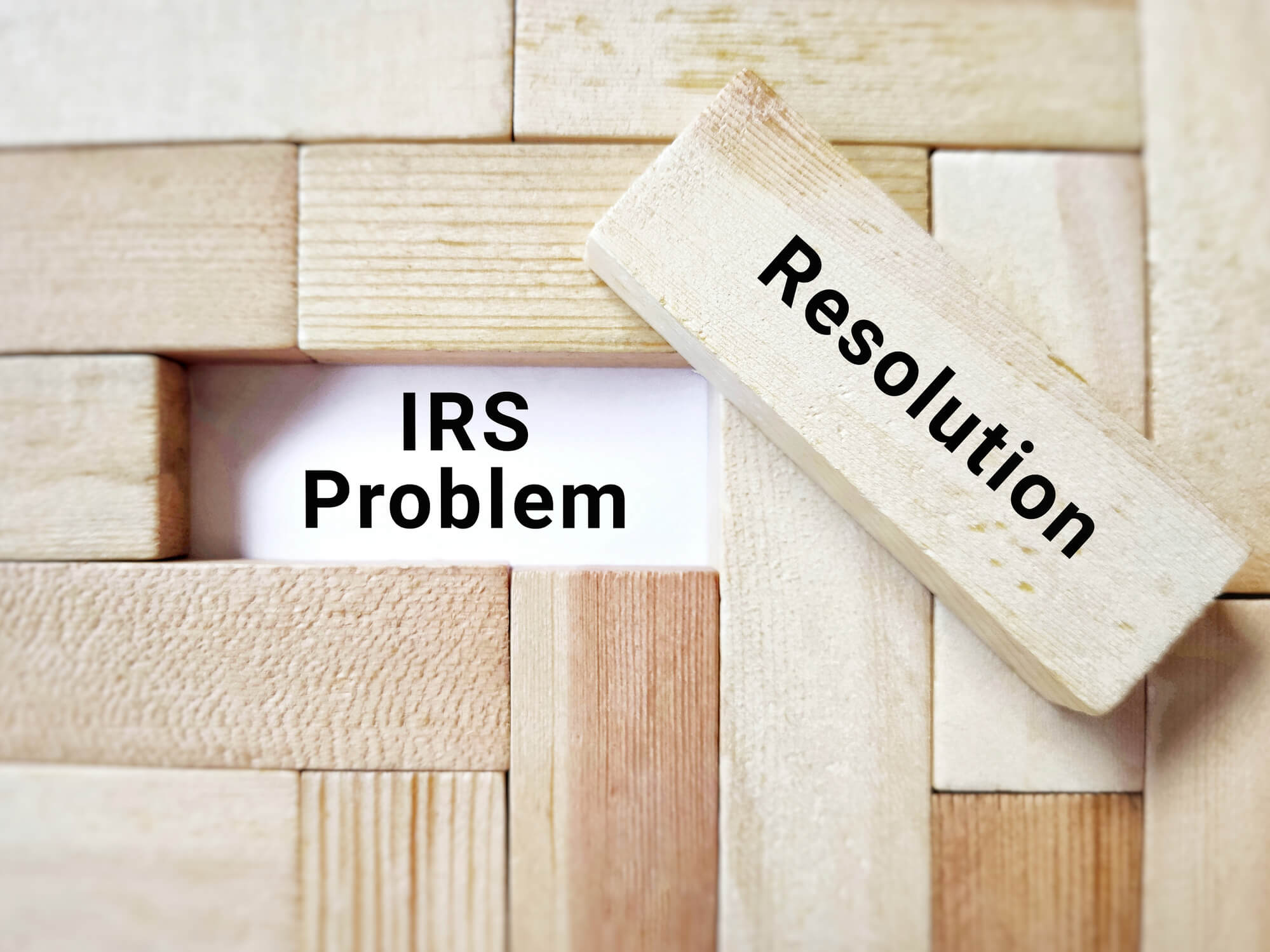A tax lien is a common tactic used by the IRS or state to protect its interest. It is the government’s legal claim against a taxpayer’s property when that individual fails to pay their taxes.
When the government places a tax lien on someone’s property, that doesn’t mean the property will be sold. Rather, the authority is guaranteed a claim over other credits competing for the taxpayer’s assets. They want to be paid, so they will put a lien on any property you own so you may not sell without paying the taxes you owe first.
Tax liens can result in any of the following outcomes:
- Credit: Liens can impact your credit and compromise your ability to get a loan.
- Business: The government has legal rights over your business property and assets, including accounts receivable.
- Assets: A tax authority claims all current and future assets acquired amid the lien.
- Bankruptcy: If you file for bankruptcy, your lien, outstanding balances and Notice of Federal Tax Lien may remain.
There are no hard rules on when liens are filed, and they often seem arbitrary. Liens can be filed for unpaid taxes as small as $100, and we’ve seen clients owe millions with no liens filed. Keep reading to determine if you need help with tax liens.

















